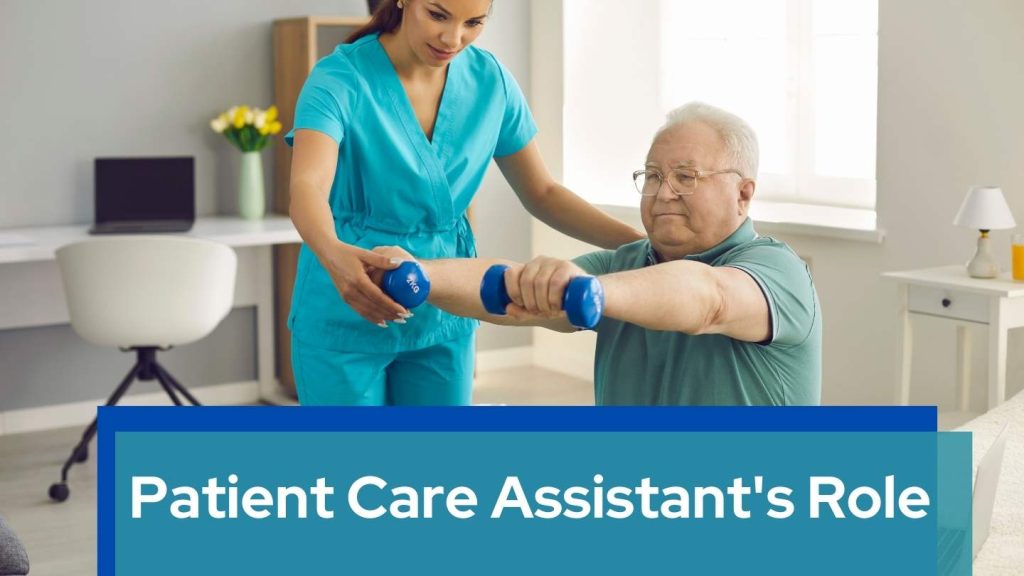- Oak Brook:(630) 705-9999
- Chicago:(312) 920-8822
- Email:inquiry@vervecollege.edu
- Make a Payment
- Home
- Programs
- Admission
- Resources
- ATI Entrance Exam Resources
- New E-Digital Library
- Refer a Friend
- School Newsletter
- Events
- Employers
- Job-Network
- Alpha Beta Kappa Candidates
- Verve College Library
- Graduation and Pinning Ceremony Photo Galleries
- Textbook Information
- Career Services
- Tutoring
- School Catalog
- FAQ
- Constitution Day Program
- Alumni
- Verve College Plans
- Financial Aid
- HEERF Reporting
- Satisfactory Academic Progress
- Apply For Financial Aid
- Net Price Calculator
- Return of Title IV Funds (R2T4)
- Financial Aid Office Code of Conduct
- Contact
- FAQs
- Verification Policy
- Vaccination Policy
- Student Right-to-Know Act
- Misrepresentation
- Information Security Program
- Academic Award Year
- Availability of Employee
- Cost of Attendance
- Health & Safety Exemption Requirement
- Students Rights and Responsibilities
- Leave of Absence
- Pell Formula
- Military Students
- Grants/ Scholarship Policy
- Contact Us
- Testimonials
- Blog
Is a Nursing Career Right For You?
Take The Free Quiz
What is a Patient Care Assistant’s Role in a Hospital?
What is a Patient Care Assistant’s Role in a Hospital?
Patient care assistants also known as caretakers or HCAs provide essential support healthcare services and compassionate care to patients either at a healthcare facility, home healthcare setting, or the patient themselves. Working alongside nurses and supervisors, they offer a wide range of patient support services.
As part of their role to meet patient’s health needs, they provide ancillary support to qualified nurses, doctors, and other healthcare professionals. Working directly with patients means helping them in their everyday tasks while offering all-around medical assistance to elderly care, disabled and needy individuals. LPN training Illinois facilitates students in learning more about this.
Responsibilities and Duties of Patient Care Assistant
Patient care assistants have the general duty of aiding others who cannot perform tasks on their own and making them as comfortable as possible, to the degree needed depending on each patient. A certain amount of support will likely be necessary.
Patient care assistant duties encompass an expansive spectrum of activities. Below is an outline:
Care assistants assist nurses in repositioning and handling patients while replenishment tasks are handled by them as requested by nurses or medical personnel.
Patients receive superior and complete care, emotional support, and advice, along with devices designed to monitor behavior changes or notify healthcare providers about unanticipated incidents.
Related:- Common Misconceptions About LPNs
With them also comes making sure medication is given as scheduled while supporting physical therapy sessions for each patient.
Checking on their patient’s pulse, blood pressure, and heartbeat regularly keeps their team updated on any progress made by their patient.
In turn, this updates their medical history according to each new development in their condition.
What Does the Day-in-the-Life of a Patient Care Assistant Look Like?
No two days as a health care assistant will ever be alike – their duties and responsibilities vary with every patient they provide proper care for; each day is unique with its own set of challenges and pleasures! Look for a practical nursing program near me, if you wish to learn more about patient care assistance.
Providing special care requires taking on many varied roles; each service user’s requirements vary considerably. One day might involve paying bills and expenses related to household living costs, while another day will call for providing direct support such as bathing, dressing, and using the toilet.
Caring for people can be one of the most fulfilling and lucrative professions available to us today, from caregivers ensuring patient or client needs are met to making life enjoyable regardless of illness or challenges they might present.
Caregiving means providing assistance with the daily needs of an individual or household, such as showering, dressing up, and helping prepare food or drinks. Involvement with household tasks, such as keeping paperwork updated or helping make meals and dining happens, is also part of providing care.
What Skills Must a Patient Care Assistant Have?
Caring is at the core of nursing; thus, it is imperative for care assistants to possess skills that allow them to effectively assist those they provide support to and take good care in serving and taking good care of them. A care assistant needs to understand patient needs and create personal care treatment plans accordingly while simultaneously possessing excellent listening abilities and being capable of recognizing changes in patient behavior.
Health assistants play an invaluable role in providing help and assistance for their patients’ daily activities and routines. A skilled health assistant knows exactly how to make patients feel confident, capable, and secure by carrying out or supporting daily tasks efficiently and reliably.
Care assistants must possess extensive knowledge about a person’s history and health status in order to detect changes that affect his/her well-being, identify changes within patients’ health conditions quickly, as well as be attentive enough to notice subtle behavioral alterations over time.
Consider these top qualities when searching for caregivers or certified attendants for your loved ones:
- Compassion
- Empathy
- Experience
- Expertise
- Patient skills of observation and understanding
- Professionalism
- Communication skills
- Trustworthiness
What Are the Differences Between Nursing Service and Patient Care Assistant Service?
Patient-care assistants differ from skilled nurses and nursing care in several ways. Both provide specialized care to patients; however, their daily responsibilities often differ significantly.
Health care assistant responsibilities differ significantly from ICU patient care assistant duties. Nurses tend to enjoy greater autonomy in performing their medical care service responsibilities than exceptional care assistants who act as support to nurses or medical practitioners.
Want to Make a Career in Nursing? Get More Information About Our Courses!
Patient Care assistants perform limited duties under supervision, but their presence eases the load on other caregivers and improves quality care for patients overall. Patient care assistants occupy all their time looking out for the needs of those they are responsible for, which makes their role even more effective than care assistants. As an aspiring student, you should look for LPN programs near me to make a rewarding career as a medical professional.
 Sign up
Sign up Login
Login





